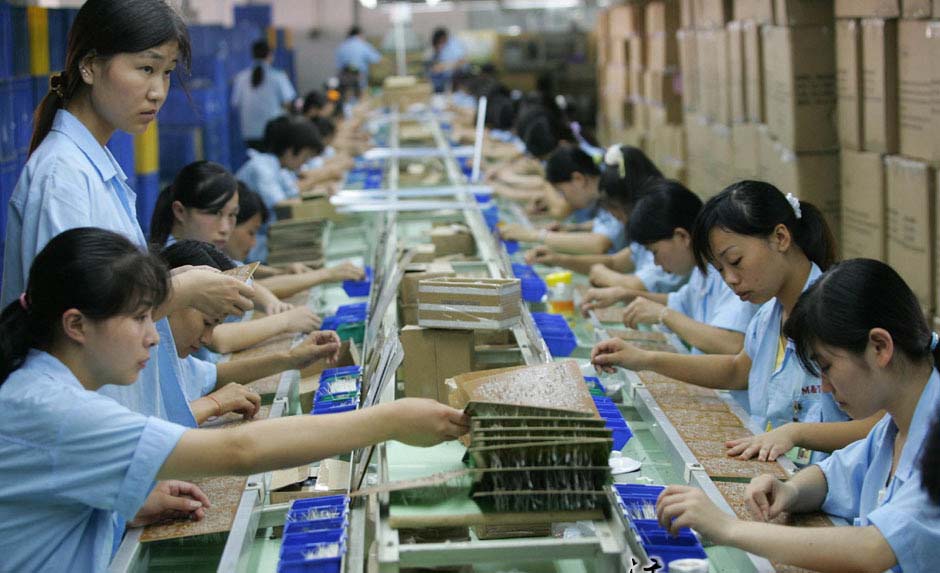Most women can vividly remember days where we’d be hunched over in pain waiting for the cramps to stop. Unfortunately, despite the feeling of a hundred arrows piercing through our abdomens, the dull and constant ache in our backs and legs that would accompany the stitches and the strong feeling of nausea that would eventually wash through our bodies, we still had to continue with work, classes and our ordinary daily routines. Its not that the agony was not excruciating enough, but because there is nothing in place for us to not be in attendance. We HAVE to work, we HAVE to go to classes, because we knew that what we were going through would not be a viable excuse for us to take any time off.
Periods. Yes, I said it. PERIODS. A stigma has been attached to what is natural for 50% of the world’s population for far too long. Some of us go through simple and short menstrual cycles whereas others dread the days coming up to what seems like a period of pain. Until recently, at least in the western world, women in the workplace would be reduced to being in pain and not be able to escape it. We’ve been stuck inside the confines of the work environment or would have to take off on sick days.
However, slowly and surely we have been witnessing a gradual change which has been set out to make being a women slightly easier. Paid. Period. Leave.
On 25thMarch 2017 Italy’s parliament considered implementing a law that would put into effect companies allowing females days off if they suffer painful periods as “Menstrual leave”. Last year they followed through with this idea and now Italy is the first country in Europe who’s policy requires employers to offer a paid period leave for a couple days to women. Albeit, they are far from being the first. This policy has already existed in Japan since 1947, in some provinces in China, Korea and Indonesia. Currently, Nike, a sportswear giant company is the only known international company to implement this kind of leave into their code of conduct worldwide. And a bit more closer to home, the UK establishment Coexist (Bristol based) a community interest company, is the first and only known establishment to introduce menstrual leave since 2016. Some require doctors’ notes whereas others are automatically given leave if they choose to take it.

But why hadn’t we heard about in before in the news? Why don’t, despite being offered the break, many women in China take up the opportunity to rest? Is this a breakthrough policy, is it time for all women to rejoice or does it risk causing the gap between men and women in the working world to increase tenfold?
Most importantly, should the UK implement a paid period leave into work policies? It is a question which has recently been disputed in discussion groups across the country.
Improvement Of Productivity
Women not being in pain at work may be beneficial to the workplace in terms of productivity, despite the lack of attendance. This is due to the fact that while in discomfort, in general, work tends to become a harder task and therefore may take longer and just like working while sick, efficiency of work is put at risk.
Time outside of the workplace doesn’t necessarily mean that less work will be done. Being able to work from home (which may or may not be considered as a complete “leave” – bear with me) may encourage a more relaxed environment and more efficient work will be carried out. If that alternative isn’t possible, similar to some establishments that have put the period policy into play, work can be redistributed and reorganised in a way that the time at work can be used more efficiently and the same amount of work can be produced. It is all up to the workplace to make this a possibility.
Equity Over Equality
A policy like this one respects that women are different to men and so require a slightly different type of code especially when concerning women’s bodies, the integral part which makes men and women different. This policy, instead of punishing women for their natural bodily processes shows that they are not only valued in their places of work but are also equal to men, in that the law is being crafted to suit both sexes.
As someone who personally suffers from dysmenorrhea (also known as extremely painful periods). I would triumph if I knew I was entitled to spend some of these agonising hours at home. On the other hand, I cannot deny the fact that I, amongst many other people, can foresee the issues that it may cause.
Employers Reluctance To Hire Women
It is a known fact that before the days of protection of women in the workplace, ladies could easily be turned down by an employer due to many reasons but most likely the excuse that the ‘likelihood’ of a women becoming pregnant could interrupt and cause delays at work which, in turn, would cost them money. Since then, this kind of sexism is forbidden (although of course still practised in some places) and policies such as 90% paid maternity leave (and paternity leave, no men weren’t forgotten about) for six months in the UK (and further if required at a smaller pay) have been implemented.
However, it must be acknowledged that while it is illegal, this could be used as an excuse for employers to not employ women as they could end up working less days and in turn working less but still costing the employers the same. This punishes women for being women.
Reinforces Stereotypes
Most, if not all women have been or heard another being undermined by male counterparts on the subject of menstrual cycles. Are you on your period? Is it your time of month? Comments like this are sort to render women as a feeble sex, controlled by PMS induced emotions and weaker because of them. The workplace greatly mimics a school-ground environment and for that reason words spread like wild fires across the offices and desks right up to the chit chats by the coffee machine in the kitchen area. Of course we should not be swayed by other people’s opinions and judgements but we must remember that men are much more prevalent in the workplace, especially in corporate environments. Are we ready to fight against judgement in the workplace, in a place where we are trying to decrease gaps between sexes?
In China, as earlier discussed, the leave exists in some places however many women do not take up on that offer due to feeling as they themselves would cause disruptions at work. Further across the world periods still persists on the taboo side of conversation and discussing such issues with an employer may feel daunting.

All in all, I am completely for paid period leave, a leave that I believe will not only help women who dread going into work whilst suffering in pain but also work establishment that will know that they work towards creating a healthy work environment which takes individual differences into consideration.
In addition, on a sly note, we all are aware that if men felt even a ounce of what (some) women had to go through during their monthly cycle, paid period leave would have been woven into the system decades ago.
In a world where we are battling for equity in the working world, can women afford to have something which undermines their ability to work as well as men? If we don’t, doesn’t it say something about the way the working world works for men and not women if policies aren’t implemented for women. Men and women are different and so cannot be subject to the same exact laws! Whether or not this leave becomes a reality in the UK and possibly other parts of the world is up to us and the conversation is very necessary.
Should we incorporate a paid period leave? join in on our twitter poll below.


